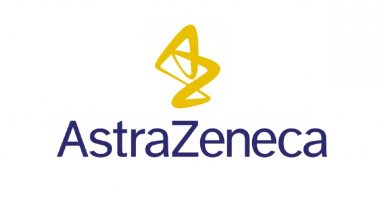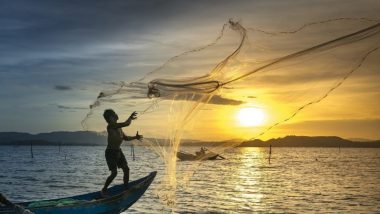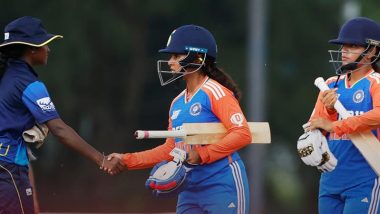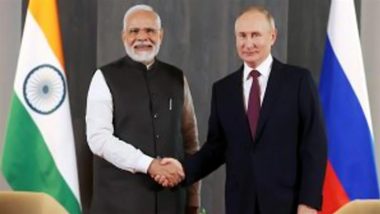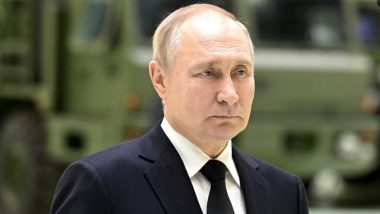Colombo, February 19: Sri Lanka will purchase 10 million doses of Oxford-AstraZeneca vaccine from India, officials here have said. In January, under India's neighbourhood first policy, Sri Lanka received 500,000 doses of free vaccines. They were administered as a priority to frontline health workers and members of the Armed forces.
The State Pharmaceutical Corporation has signed the order with Serum Institute of India (SII) for 10 million doses, officials said. This agreement has been approved by the Attorney General on Monday.
Oxford-AstraZeneca's Covishield is being manufactured by Pune-based Serum Institute. The SII has collaborated with Oxford University and pharmaceutical company AstraZeneca for making the vaccine.
Earlier this week, the vaccination was extended to the general public and MPs. About 250,000 out of 500,000 Oxford–AstraZeneca Covishield vaccines have been administered so far, General Shavendra Silva, the Army chief who heads the COVID-19 prevention operations said on Friday. AstraZeneca-Oxford COVID-19 Vaccine to be Tested on Children of Age Group 6 to 17 Years for the First Time.
He said, the WHO has assured Sri Lanka that it would provide vaccines for 20 per cent of the local population free of charge. He added that China and Russia had also agreed to donate vaccines to the local population. The Indian Army and the Russian military have also agreed to provide a quantity of vaccines to the Sri Lankan military.
Sri Lanka has recorded 78,420 cases by last night with 71,000 of them having recovered. At least 430 deaths have been recorded since the outbreak in mid-March last year.
India is one of the world's biggest drug makers and an increasing number of countries have already approached it for procuring the coronavirus vaccines.
India has sent consignments of domestically produced coronavirus vaccines under grant assistance to Bhutan, Maldives, Nepal, Bangladesh, Myanmar, Mauritius and Seychelles. It is also undertaking commercial supplies of the doses to a number of countries, including Saudi Arabia, South Africa, Brazil and Morocco.













 Quickly
Quickly









